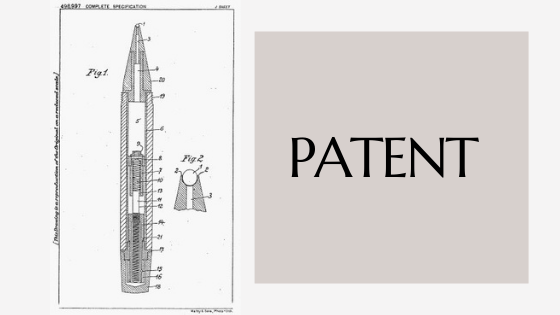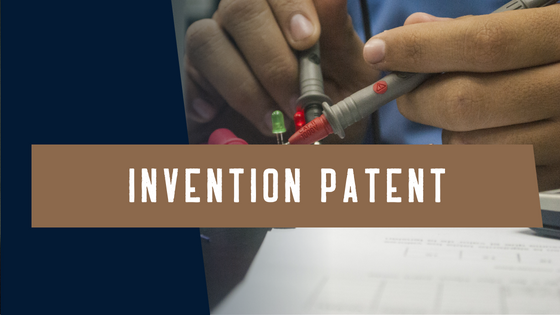An invention ideas license is an agreement or contract that an inventor engages in to permit another individual or or company to exclusively use, market and/or sell their invention. While it mainly serves as a form of permission for the licensee, it also sets boundaries in their use of the product. An invention ideas license also stresses the intellectual property rights of the inventor. For this reason, licensees must be careful not to infringe on these exclusive rights.
Benefits of an invention ideas license
Both the licensee and licensor benefit from an invention ideas license as stated in http://theavtimes.com/2020/07/01/amazing-ways-inventhelp-can-assist-you-as-an-inventor/ article. The following are some of these benefits:
- Since a licensee gets exclusive rights to use, market and/or sell an inventor’s product, they get to monopolize the market. This is especially true if no product in the market is similar to the inventor’s creation.
- A licensor or inventor earns by granting an invention ideas license to a licensee. In fact, if their invention creates a major breakthrough in the market, several companies may clamor for the right to get the invention ideas license. This creates bigger profits for the inventor.

Components of an invention ideas license
An invention ideas license includes several components or parts. The following are some of these components:
Term
Term refers to the duration of the effectiveness of an invention ideas license. This is important especially when considering changes or conditions in the market. More on, it serves a significant role in case the value of the invention ideas license increase as explained on https://www.newsbreak.com/news/1606220763464/how-new-inventors-are-benefitting-from-inventhelp-assistance.
Territory
Territory pertain to the area or place in which the invention ideas license is valid. For instance, if the invention ideas license states that it is only valid in Australia, then a licensee must not promote, market or sell the product in countries or areas outside this continent. Should they do so, the licensor of the product can file a case against them for violating the agreement or contract.





